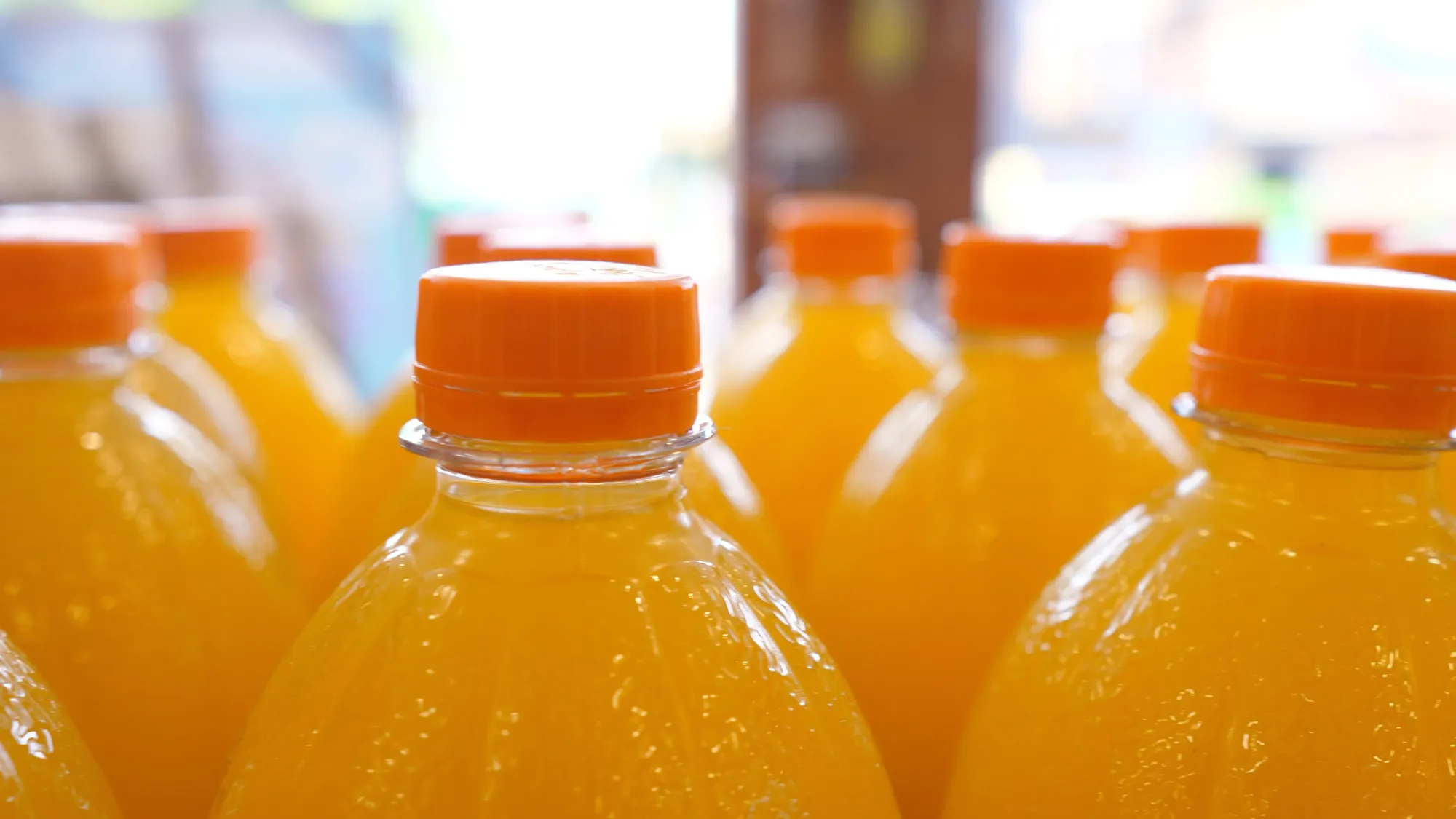Health Canada gives 1 year to remove BVO from drinks. What are the risks?
“The outcome of the assessment does not support BVO continuing to be permitted for use as a food additive,” the agency said in a statement last month.

Brominated vegetable oil (BVO), a food additive commonly used in citrus-flavored soft drinks, has been banned in Canada. However, consumers may still see it listed on ingredient labels for up to one more year.
Health Canada officially removed BVO from its list of approved food additives on August 30, following the completion of a safety assessment.
“The outcome of the assessment does not support BVO continuing to be permitted for use as a food additive,” the agency stated last month.
While the updated analysis did not identify any immediate health risks from the current use of BVO, Health Canada is providing a one-year transition period, ending on August 30, 2025, to allow manufacturers time to reformulate and relabel affected products.
During this transition, beverages can still contain up to 15 parts per million (ppm) of BVO, which equals 15 milligrams per liter.
Health Canada’s decision aligns with the U.S. Food and Drug Administration (FDA), which banned BVO in July. Its use was already prohibited in countries like the United Kingdom, Europe, Australia, and New Zealand.
What is BVO?
According to the FDA, BVO is a vegetable oil used in small amounts as a stabilizer for fruit flavors in beverages. It helps keep the citrus flavor evenly distributed in the drink.
Health Canada notes that BVO is used in drinks containing citrus or spruce oils and may sometimes appear on ingredient labels as “brominated soybean oil.” It is primarily found in sodas but may also be present in fruit drinks.
Which products contain BVO?
Major beverage manufacturers like PepsiCo and Coca-Cola have already stopped using BVO in their products. A Coca-Cola spokesperson confirmed that BVO was phased out several years ago and is now on the company’s restricted list of additives. PepsiCo also stated that it no longer produces or distributes any products containing BVO.
However, BVO can still be found in some products. Sun Drop citrus sodas, made by Keurig Dr Pepper, list BVO as an ingredient, as does Walmart’s Great Value orange soda, which uses “brominated soybean oil.”
What are the concerns with BVO?
Research on animals suggests that BVO could have harmful effects on human health. Health Canada noted that previous laboratory studies found adverse effects on certain organs, including the liver, heart, and thyroid, in animals that consumed BVO. However, these effects occurred at doses much higher than what humans would consume from beverages containing the additive.
A 2022 study by the FDA and the National Institutes of Health, published in Food and Chemical Toxicology, indicated that consuming BVO could negatively affect the thyroid, which regulates many metabolic processes in the body.
Excessive BVO buildup in the body could lead to “bromine toxicity,” which can damage the central nervous system and cause symptoms such as headaches, nausea, memory loss, and loss of coordination, according to the Center for Science in the Public Interest.
What are the alternatives to BVO?
In Canada, companies have until August 30, 2025, to phase out BVO and replace it with alternative stabilizers. Health Canada reported that industry feedback confirmed that a one-year transition period is sufficient for reformulating and relabeling products.
Consumers who wish to avoid BVO can do so by checking ingredient labels. Alternatives to BVO include stabilizing agents like sucrose acetate isobutyrate (SAIB), glycerol ester of wood rosin, modified cellulose, acacia gum, and locust bean gum.





